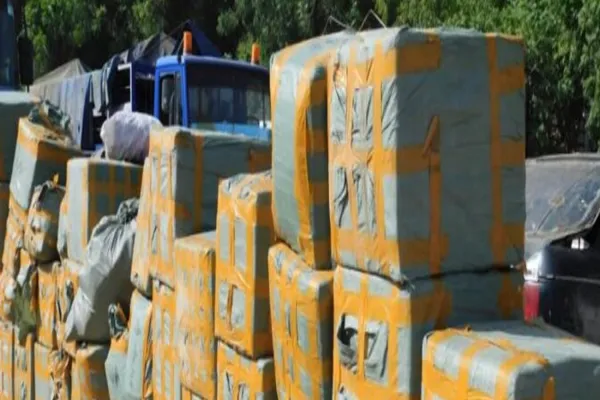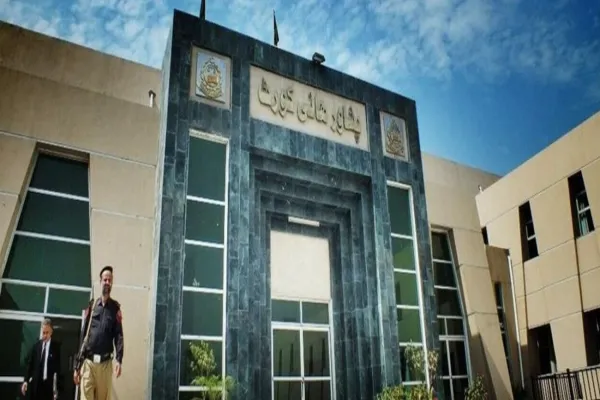i NEWS PAKISTAN
The Asian Development Bank (ADB) has approved an additional $48 million loan for the Balochistan Water Resources Development Sector Project in Pakistan. This funding will support the completion of critical project components, including the Churi Infiltration Gallery subproject, development of the Siri Toi Dam command area, and watershed management activities, which were previously delayed due to budgetary constraints, the regional bank said in a press release on Wednesday.
These components are vital for enhancing irrigation efficiency, promoting sustainable water use, and mitigating soil erosion caused by floods. An innovative piped water distribution network will also be introduced in the Siri Toi command area. This system promises higher efficiency, reduced conveyance losses, and improved service delivery compared to traditional open-channel systems.
The additional financing builds on the project’s earlier successes in strengthening irrigation infrastructure and improving water resource management in Balochistan, Pakistan’s largest province by area. The province faces severe water scarcity, exacerbated by economic challenges and climate impacts. Agriculture, which forms the backbone of Balochistan’s economy, contributes nearly two-thirds of the province's economic output and employs 60% of its 13 million residents.
However, frequent droughts, water management capacity issues, and climate vulnerabilities have put livelihoods at significant risk, with regional poverty rates nearly twice the national average. “The ongoing project, for which additional financing has been approved, focuses on the Zhob and Mula river basins,” said ADB Country Director for Pakistan Emma Fan. “This project supports livelihoods and creates improved economic opportunities, particularly for women engaged in agriculture.”
Once completed, the Siri Toi Dam in the Zhob river basin will provide a storage capacity of 36 million cubic meters of water, significantly improving reliable water availability. This will ensure efficient and equitable water delivery for domestic and agricultural use across 16,592 hectares of command area, including 1,839 hectares under khushkaba (rainwater harvesting) farming systems.
To enhance long-term sustainability, the project incorporates watershed management measures such as afforestation, soil conservation, and the construction of check dams, to reduce land degradation and improve flood management within the dam’s catchment area. The ongoing project is cofinanced by the Japan Fund for Prosperous and Resilient Asia and the Pacific—funded by the Government of Japan through ADB—and the High-Level Technology Fund. It aims to establish a climate-resilient and sustainable water resource management system in Balochistan, ensuring long-term benefits for the province.
Credit: Independent News Pakistan (INP)









